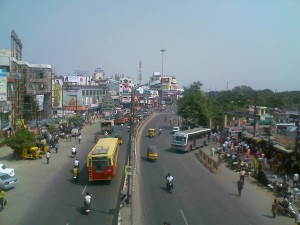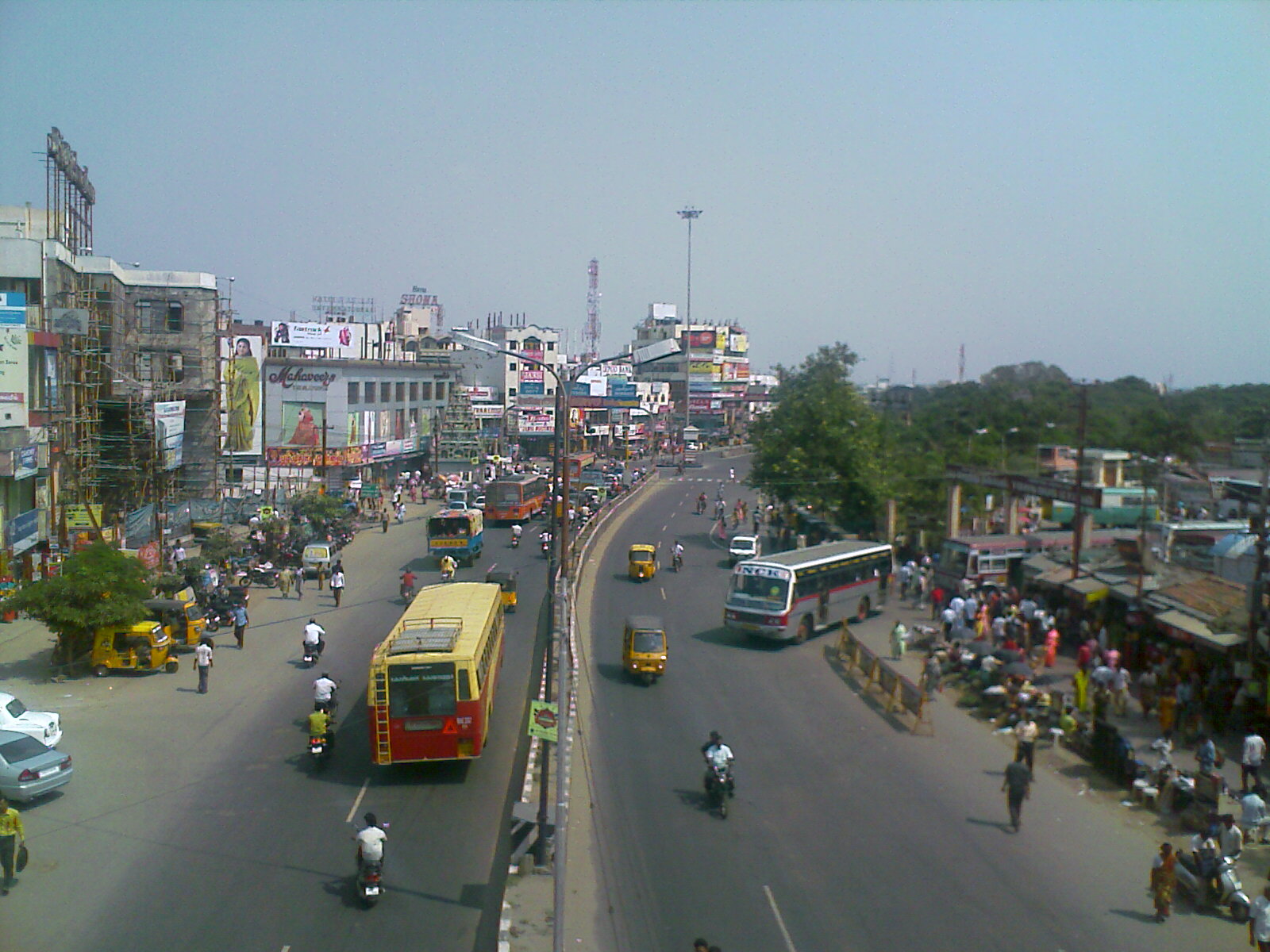 Track2Realty Exclusive: Analysts have been wondering in the last couple of years that when the property market across the country had been witness to slowdown, how come Coimbatore market kept its momentum up with no visible signs of stress. As a matter of fact, the property prices in the city across the asset class noticed upward movement in the range of 10-15 per cent, thus bucking the trend of slowdown.
Track2Realty Exclusive: Analysts have been wondering in the last couple of years that when the property market across the country had been witness to slowdown, how come Coimbatore market kept its momentum up with no visible signs of stress. As a matter of fact, the property prices in the city across the asset class noticed upward movement in the range of 10-15 per cent, thus bucking the trend of slowdown.
Many thought it is an end user driven market where the local economy and local demand has been the main driver and hence the market remain unaffected. However, one of the most critical components that flushed in the buyers’ money into the property market of Coimbatore has been the ever increasing demand from the expat community.
Expats have been the key demand driver in many of the property markets across India, most notably in the cities where IT/ITeS has been growing. As a matter of fact, increasing urbanisation is changing the urban demography of these cities completely. The expats who are flocking to Coimbatore not only from other parts of Tamil Nadu but across the country are fuelling the local economy in general and property market in particular. They are the one who don’t hail from the city inheriting parental property but need to buy houses.
That also explains why the difference between the rental yield and capital value is not as high in Coimbatore as in many other cities. On the contrary, the rental market in some of the pockets of Coimbatore has grown up to 30 per cent in recent times. With most of the expats being young professionals, the demand for property and its affordability is reasonably higher in this segment of buyers. More importantly, expats fuel the consumption cycle of the city’s economy which has a chain effect in the growth of the property market, including retail outlets, malls and office spaces.
Analysts though noticed the trend a bit late but are not surprised either. They maintain Coimbatore is the second largest city (in terms of population) of Tamil Nadu after Chennai. Coimbatore is also known for its various industries, engineering goods, health care facilities, friendly culture, good climatic conditions and hospitality. The city is the second largest software producer in Tamil Nadu, next only to Chennai. IT and BPO industry in the city has grown significantly with the launch of TIDEL Park and other planned IT parks in and around the city promises to change the professional landscape of the city completely.
Due to such strong economic fundamentals there has been paradigm shift of demand from independent houses to apartments. The housing market demand has been lately triggered by the growth of IT/ITeS and manufacturing industries with the demand arising from employees working in these companies, including migrants. It is also paving way for lot of townships and hence there are a number of townships in the city which are under construction.
On a broader level, the Coimbatore residential market can be divided into five micro markets. These are North, South, East, West and Central. The anticipation is that people would demand for affordable housing which would be majorly in the price range of Rs 20-30 lakh, comprising of 1 and 2 BHK apartments and Rs 30-50 lakh for 2 and 3 BHK apartments. This is the segment that caters to the large workforce migrating to Coimbatore in search of employment.
With opening of IT parks and manufacturing industries there has been an influx of population demanding for houses within the affordable budget segment. This has initiated series of new developments throughout the city. Thus, the city is emerging as one of the top destinations in South India for real estate development with residential and commercial real estate of the city expected to grow manifolds in the years to come. The city is also witnessing demand for retirement homes in peripheral areas of the city.
Revati Kasture, CGM & Head–Research and Grading with CARE Ratings says with increasing demand for new units, the prices in the city have increased by 10-15 per cent for new launches. Also, rental values have soared by 25-30 per cent in last couple of years. The absorption trend in Coimbatore is expected to remain stable and will follow last year’s trail and the prices are expected to rise at 6-9 per cent year-on-year basis depicting a healthy overall growth of real estate demand in and around Coimbatore city.
“The current demand is from IT/ ITeS employees who demand for good facilities and amenities, infrastructure and thus there is heightened activity in construction of integrated townships and residential projects. With IT offices and commercial complexes demand too rising, it will lead to overall demand for better infrastructure in Coimbatore. Areas like Avinashi Road, Saravanampatty, Trichy Road, and Vadvalli are prime areas for real estate development. The Coimbatore Municipal Corporation has proposed various infrastructure developments across the city like an integrated bus stand at Gandhipuram (Central Coimbatore), etc. Also the State Government has proposed to construct a flyover at Gandhipuram and Ukkadam to ease traffic significantly,” says Kasture.
The moot point here is whether the expats are the prime demand drivers of Coimbatore property market? Have they outnumbered the demand from local population and hence expected to change the market dynamics? Well, the expats may not be the project riders as of now, but they have certainly emerged as one of the key demand drivers of city property market. Increased economic activity will lead to more urbanization and hence expats will continue to be a major demand driver in future.
It may not have changed the market dynamics completely in a city where the spending pattern has been relatively conservative and per capita expenditure not as high as in other major cities, but what can be vouchsafed is the fact that the expats have surely made their presence felt in the city property market and the developers have taken notice of that. With the proposed infrastructure upgradation and economic revival ahead, Coimbatore property market promises to change the market dynamics more in favour of expat professionals.





